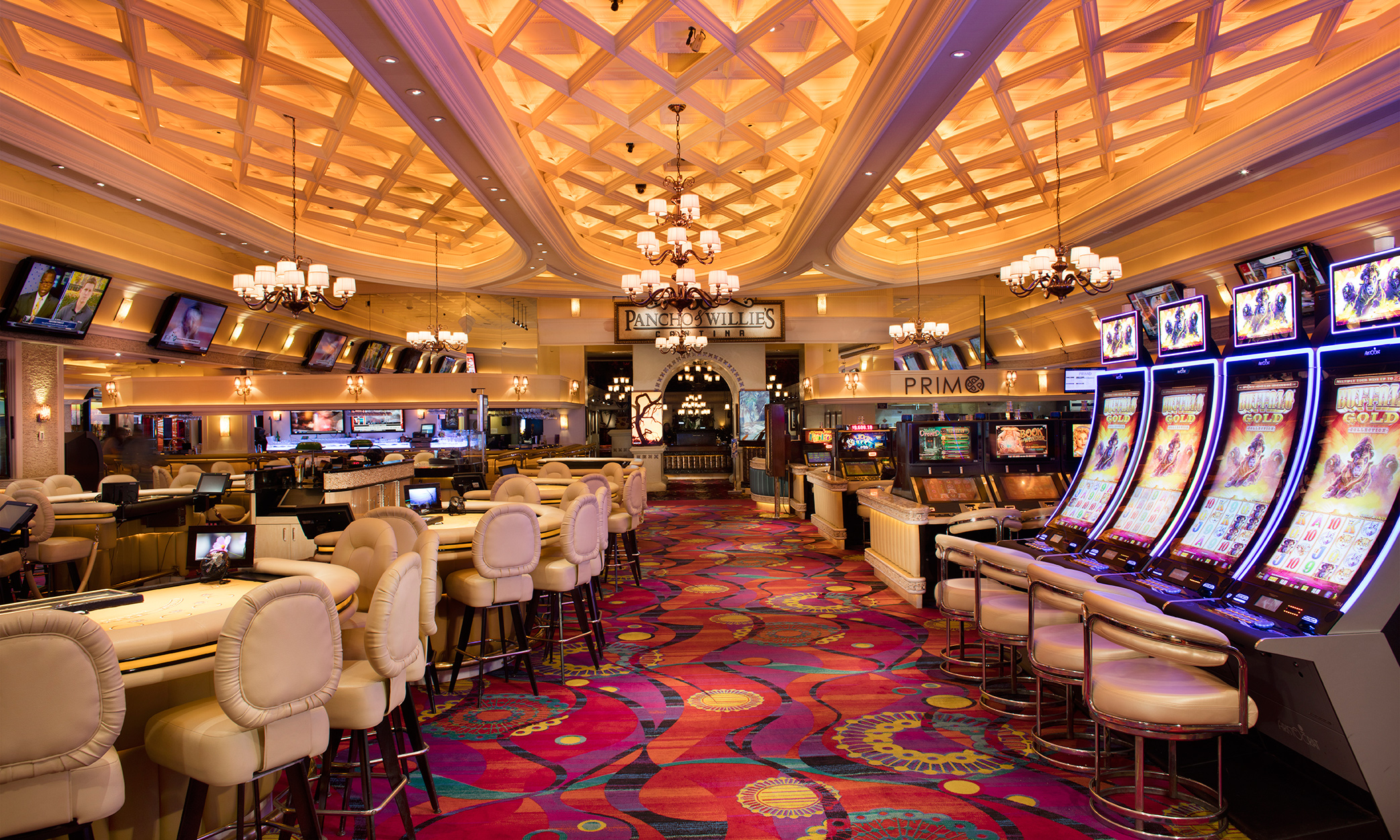
In the world of gambling, in which chance and strategy meet, a unique tapestry of beliefs manifests—one that braids luck, fate, and the enigmatic nature of casino games. Casinos, bustling with excitement and anticipation, are not just places for placing bets; they are also arenas in which superstitions thrive. From the novice player to the seasoned gambler, these mysterious practices often shape how individuals approach the games they play Truyenqq, believing that their actions can influence the outcome in ways that go beyond mere probability.
As players gather around roulette wheels, blackjack tables, and slot machines, the atmosphere is thick with stories of lucky charms, rituals, and codified behavior that defy logic yet provide a sense of comfort. Whether it’s wearing a specific outfit, following a particular sequence of bets, or even avoiding certain numbers, the attachment to various superstitions reflects a deep-rooted desire to manipulate the uncontrollable. This article delves into the captivating world of casino game superstitions, exploring the beliefs that both entertain and mystify those who dare to play.
Historical Roots of Superstitions
Casino games have long been interwoven with an host of superstitions that can be traced to primitive societies. The origins of these beliefs can be connected to humanity’s fundamental need to influence the unpredictable outcomes related with fortune and chance. In ancient civilizations, games of chance were often linked to religious practices. Gamblers would invoke aid or request favor from spirits, believing that their actions could change the odds in their benefit. This foundation laid the basis for the myriad of superstitions that developed as gambling evolved over time.
During the medieval period, gambling became a popular pastime across European nations, and with it, a colorful tapestry of superstitions developed. Players adopted various rituals and charms, believing they could affect the consequences of games. The value of digits, in particular, started to manifest in superstitions around card games and dice. The number seven was often considered auspicious, while other numbers carried unfortunate connotations. These notions mirrored the cultural contexts of the time, adapting as they transferred through generations and adapted to emerging gaming environments.
As casinos appeared in the 17th century, particularly in Italy and France, the atmosphere surrounding betting became saturated in mystery. The growing accessibility of gambling activities allowed for the expansion and growth of superstitions among players. Concepts like lucky charms, special seating arrangements, and rituals gained importance, creating a special culture within betting houses. As these traditions continued to thrive, they became integral to the character of gambling games, illustrating how the past and tradition shape the belief systems that influence how participants interact with luck.
Common Casino Myths
Superstitions surrounding gambling games are abundant and varied, reflecting the dreams and anxieties of gamblers as they engage in random activities. One of the most prevalent beliefs is that specific numbers bring luck or bad luck. For example, the digit seven is often seen as a favorable digit, frequently sought after by gamblers looking for a positive result. Conversely, the number 13 is routinely considered cursed, leading many gamblers to avoid it during their gambling sessions.
A frequent superstition relates to rituals that players believe can influence their odds. Whether blowing on dice before a throw, using a particular hand to place a wager, or even putting on specific items of clothing, many individuals feel that these actions can tilt luck in their benefit. These practices offer a sense of control in an otherwise random environment, strengthening the idea that fortune can be created through individual beliefs and habits.
Finally, the ambiance and atmosphere of the gambling house itself contributes to myths. Many players suggest that the presence of specific symbols, such as four-leaved clovers or fortunate tokens, can enhance their odds of success. Additionally, gamblers might adhere to the belief that victory streaks can be halted by mundane occurrences, such as someone walking past or a spill at the table. The collective atmosphere in a gambling house can amplify these superstitions, creating a communal culture of myths that transcends single encounters.
Impact of Superstitions on Players
Beliefs play a crucial role in the psychology of gamblers, often affecting their actions and decision-making. Numerous gamblers think that fortune can be manipulated through different rituals, such as wearing a lucky charm, selecting specific colors, or avoiding certain numbers. This reliance on superstitions can create a sense of control in an environment that is inherently unpredictable. Players frequently feel more self-assured and involved when they think that their actions could sway the outcome of a game in their advantage.
The influence of these superstitions extends past individual players, affecting the general atmosphere within the casino. For example, a player who holds the belief in the luck of a particular slot machine might draw a gathering, as others are intrigued by their apparent luck. This shared belief can amplify excitement and create a lively environment, leading to an engaging experience even for those who may not necessarily be believers themselves. The excitement around certain games can lead to higher participation and extended playing sessions, supporting the casino’s vibrant social scene.
In some instances, superstitions can lead to detrimental effects for players. Depending too heavily on rituals can result in poor gambling decisions, as some may overlook basic strategies in favor of baseless beliefs. Additionally, the pressure to perform rituals may heighten anxiety and tension, detracting from the pleasure of the experience. Ultimately, while superstitions can enhance the thrill of playing casino games, they can also lead to foolish choices that overshadow the enjoyment and amusement intended in the casino experience.
